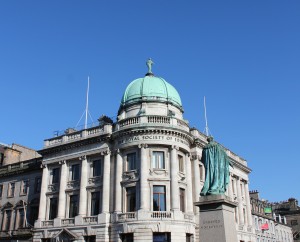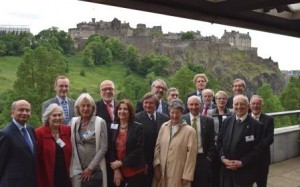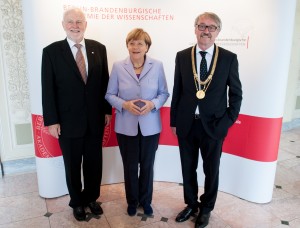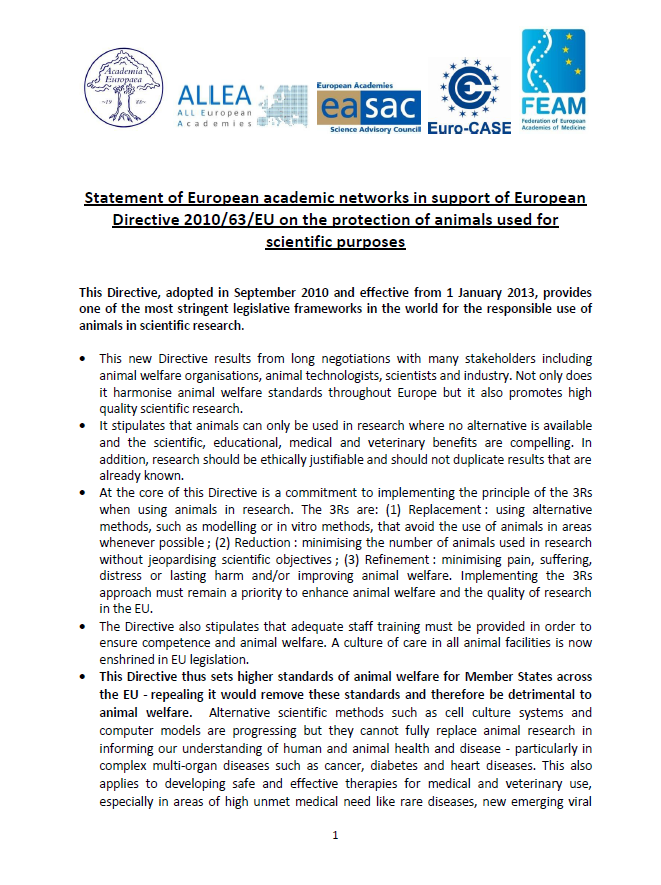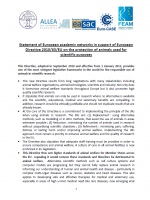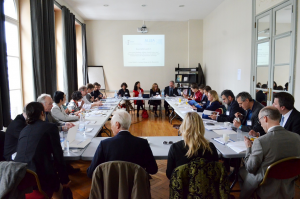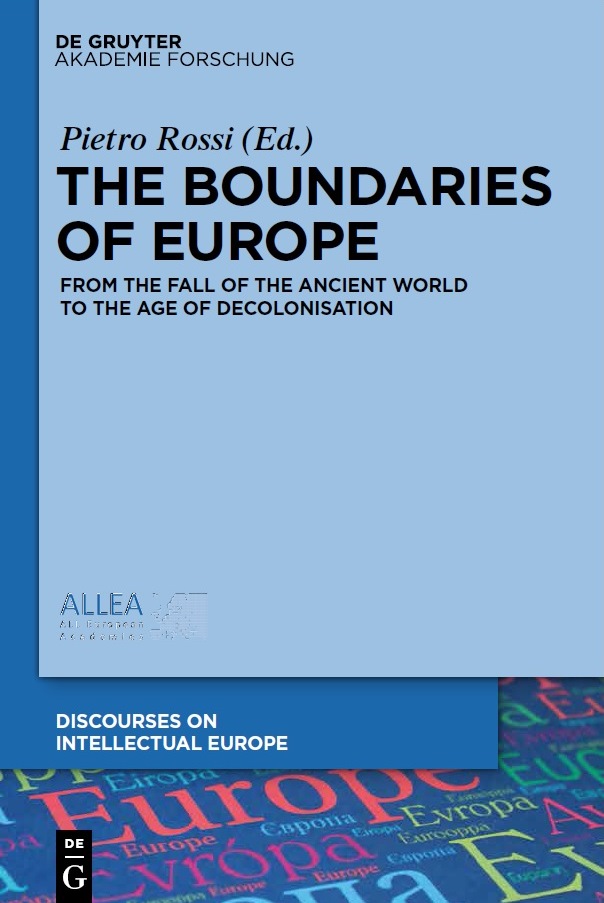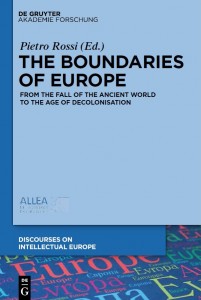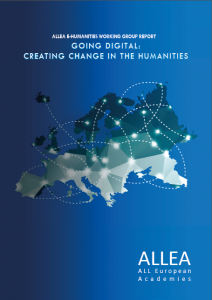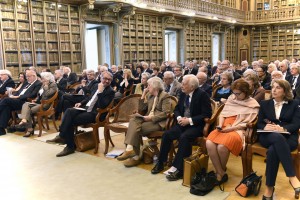ALLEA Board meets at the Swiss Academies of Arts and Sciences
On 11 September, the ALLEA Board met in Bern on the invitation of the Swiss Academies of Arts and Sciences for its third meeting of the year. At the meeting, Board discussed, inter alia, recent, current, and future ALLEA developments with a focus on various activities related to ALLEA’s involvement in the new Scientific Advice Mechanism of the European Commission (SAM).
Before commencing the meeting, the attendees were welcomed by Professor Thierry Courvoisier, President of the Swiss Academies and President-elect of the European Academies Science Advisory Council (EASAC). The meeting opened with a session in which recent and ongoing ALLEA activities were discussed, including numerous upcoming science policy events on the European level in which ALLEA is actively involved. Status updates respective to the ALLEA Working Groups were also reported and discussed as well as various internal matters.
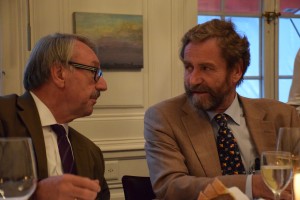
The ALLEA President with Professor Thierry Courvoisier, President of the Swiss Academies and President-elect of the European Academies Science Advisory Council (EASAC)
The participants then turned to continuing preliminary preparations for the next ALLEA General Assembly, which will be held in Vienna on 18/19 April 2016, as well as the next Madame de Staël Prize for Cultural Values.
The day concluded with looking ahead to the next ALLEA Board Meeting, which will take place in December in Dublin, Ireland and will include a joint meeting with the ALLEA Working Group Chairs.
The Swiss Academies of Arts and Sciences are an umbrella organisation, associating the Swiss Academy of Sciences, the Swiss Academy of Humanities and Social Sciences, the Swiss Academy of Medical Sciences and the Swiss Academy of Engineering Sciences as well as the Centre for Technology Assessment and Science et Cité. As institutions for the promotion of research, the Swiss Academies are publicly funded under the terms of the Swiss Federal Law on Research.
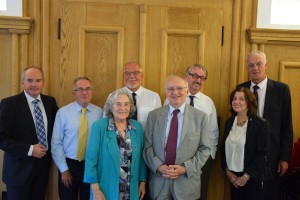
The ALLEA Board (absent: Prof. Øivind Andersen)
The four academies stand in the tradition of learned societies, with the aim of contributing scientific knowledge to help resolve societal challenges and to contribute to human and environmental well-being. They do so by accessing the scientific expertise available to them, namely their members who are individual scholars or scholars belonging to scientific unions in the different disciplines. This core business of the four academies is complemented by activities of the two centres of competence: the Centre for Technology Assessment provides assessment studies to assist political decision-making on new technologies, and Science et Cité is involved in projects to foster the dialogue between science and society.
Contact details:
Swiss Academies of Arts and Sciences – Akademien der Wissenschaften Schweiz
House of Academies
Laupenstrasse 7
P.O. Box
3008 Bern
Switzerland
Phone: +41 31 306 92 20

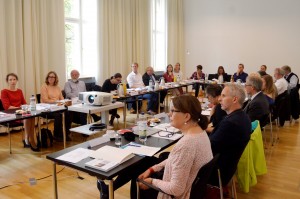
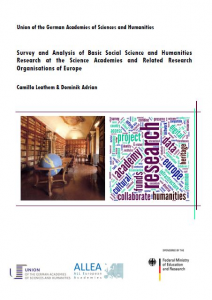 The meeting closed with an animated discussion addressing, among others, the questions of how joint or cooperative projects by the European Academies can be supported and which role consistent data standards can play in digital projects in the social sciences and humanities.
The meeting closed with an animated discussion addressing, among others, the questions of how joint or cooperative projects by the European Academies can be supported and which role consistent data standards can play in digital projects in the social sciences and humanities.